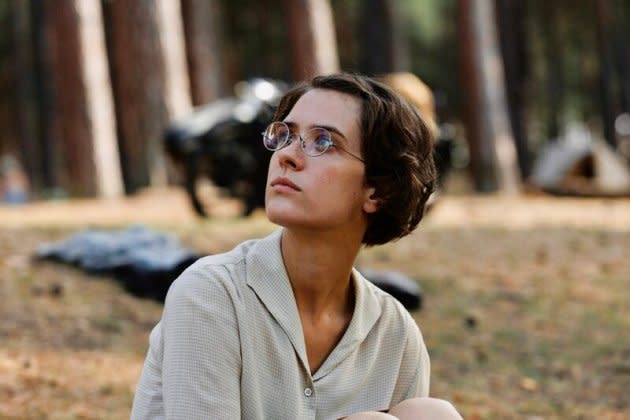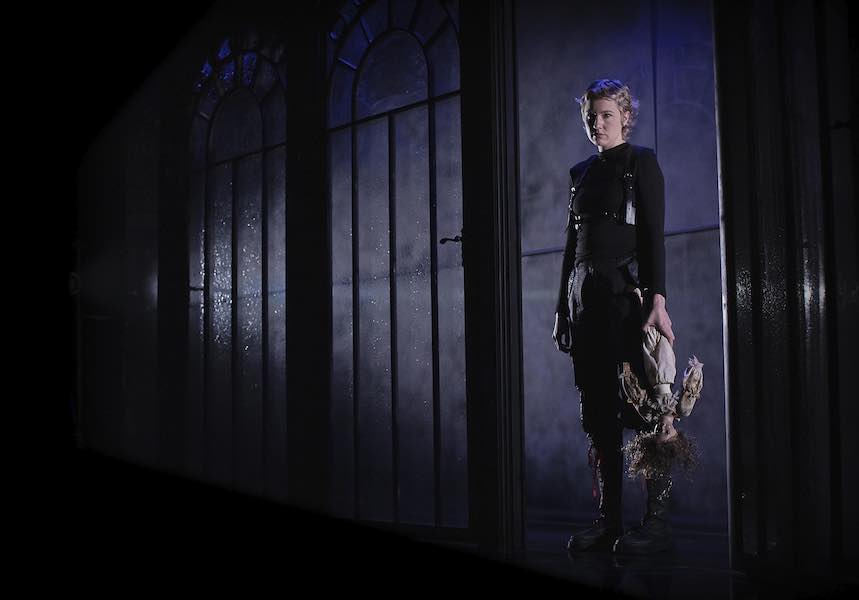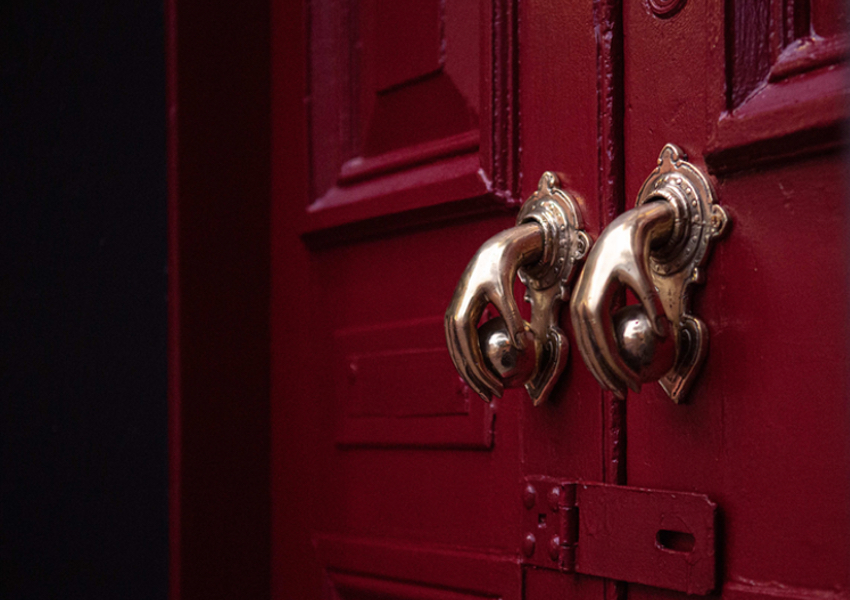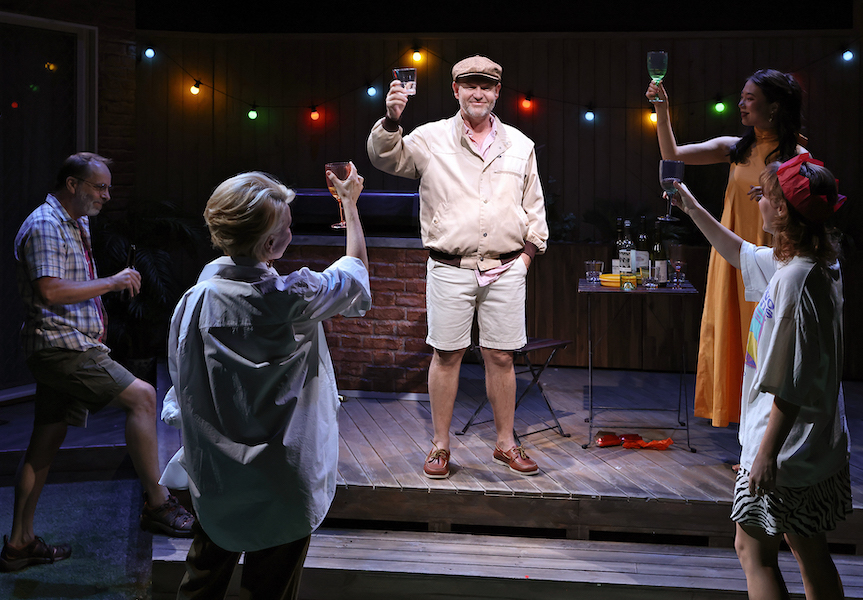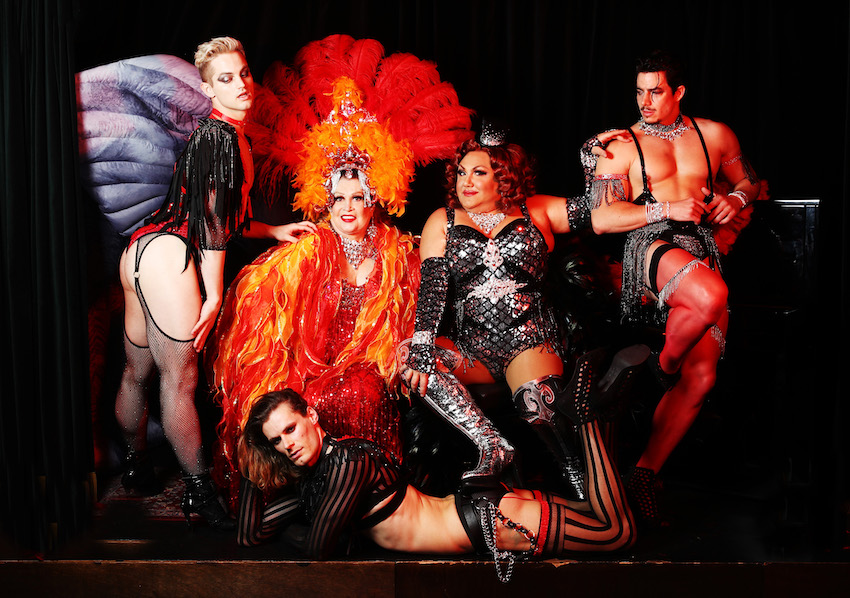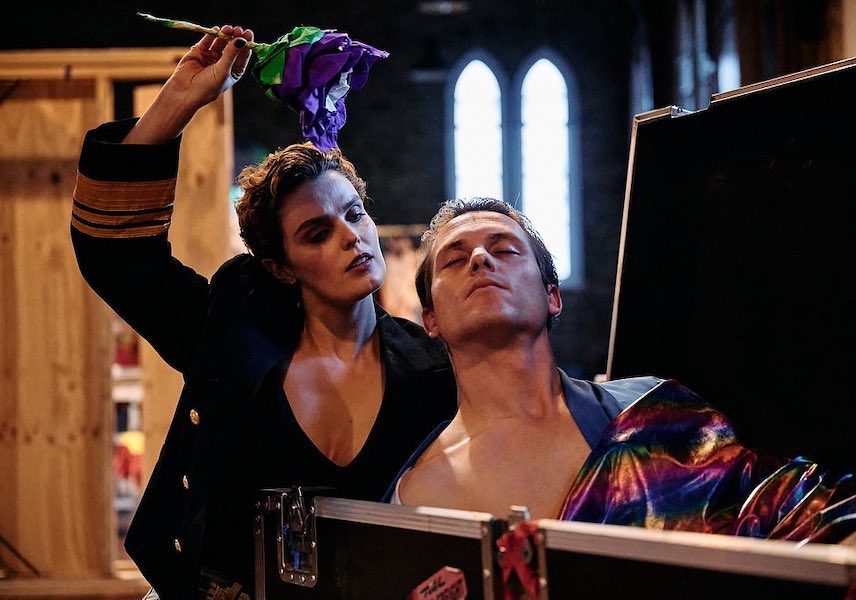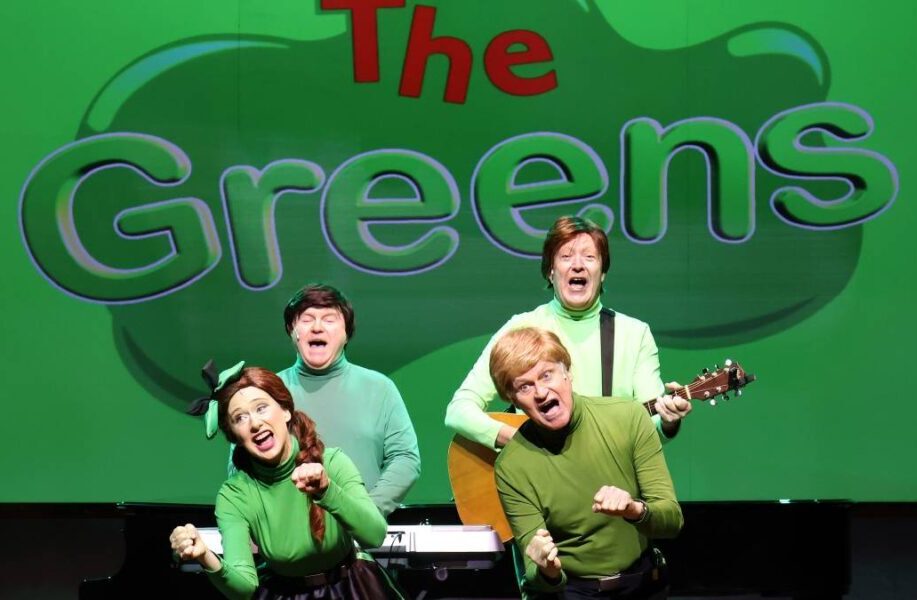
THEATRE: THE SECOND COMING OF MADRIGAL CHAI TEA
On the surface, The Second Coming of Madrigal Chai Tea is about a has-been muso, riding on the wave of a one-hit wonder from the 70s. He is also a single dad, and so has to not only come to terms with his past … but also his future. But when we probe deeper with playwright Rik Stowman, we discover that it’s also about Zen koans, unconditional love, and the rethinking of theatre.
I think most people will be curious – what is meant by the rather odd title?
The title of the play reflects the main character’s first flawed attempt at reinvention and the consequences of that attempt. The play is the dramatisation of the same and how they lead to his ‘second coming’. There is also a second meaning meaning to the title but it’d be a bit of a spoiler so I’ll let it be.
In what ways is the play autobiographical?
The play was never intended to be autobiographical and I certainly made no conscious attempt that it be so. Having said that, I am a firm believer in the notion that all story is measured against the realisation of the unified self and from this lens I have discovered that some elements and relationships in the play are uncomfortably familiar to me. My subconscious mind can be a bit of a mischief maker I find. Bloody subconscious.
The play centres on a single father – which is a tale not often told in theatre. Why did you feel it deserved some stage time?
It’s true the play does centre on a single father, though the play’s central query doesn’t address that circumstance in great depth. Rather it addresses whether we can, by way of altruism, create a space for unconditional love. I would very much like to give stage time to a play that focuses on a single father if only to question the assumption that nurturing love has a gender. Next time I guess.
What is meant by the quote: “We can see ourselves in one of two ways. According to the stupid things we do, or the beautiful things we are…”
It loosely follows a proverb told by the Zennist Foyan, in which a monk is making a list of all his flaws but ‘can not come to an end of them’. Yesterday’s authentic realisations are today’s ego trips and our mistakes are legion. Certainly mine are! It speaks to the understanding that within the realisation of, and compassion towards my flaws, my stupidity, my foibles, exists an awakened state. It also presupposes that this awakened state is beautiful. That the fundamental nature of existence is benevolent. I prefer to live with that understanding. I smile more.
Being an emerging playwright in Sydney – discuss.
I write continually and the process for me is rather solitary. My focus is always on the best telling and presentation of the story and at the risk of sounding glib I guess I’m always an emerging playwright … As a closing aside (is there such a thing?) I remind myself of Eleanore Duse’s assertion that every 50 years we ought forget everything we know about theatre and begin again. There’s something refreshing in that for me. I say yes to the pedigree of the craft and also to face the empty page and stage as though no story has been told before. See what happens.
Dec 3-12, TAP Gallery, 1/278 Palmer St, Darlinghurst, $17-22, 9361 0440, tapgallery.org.au/


